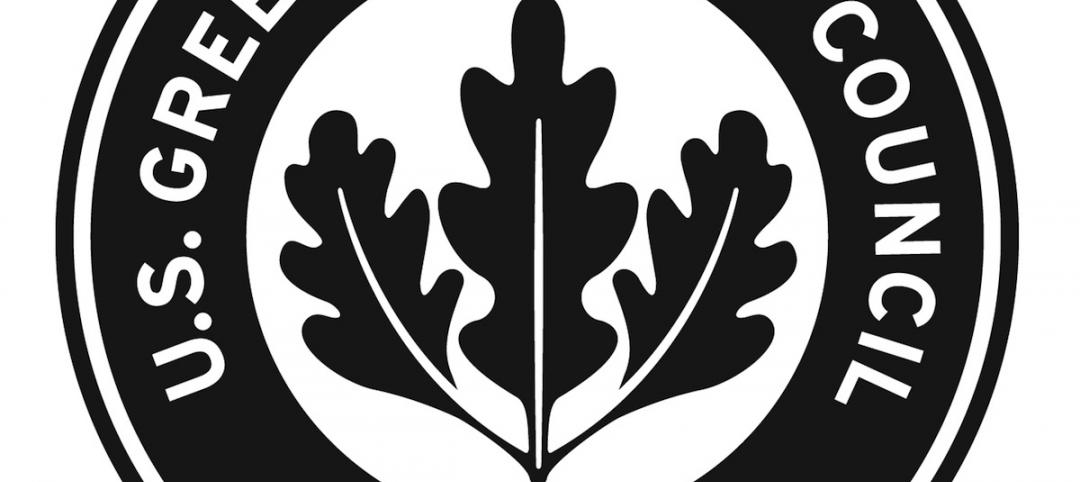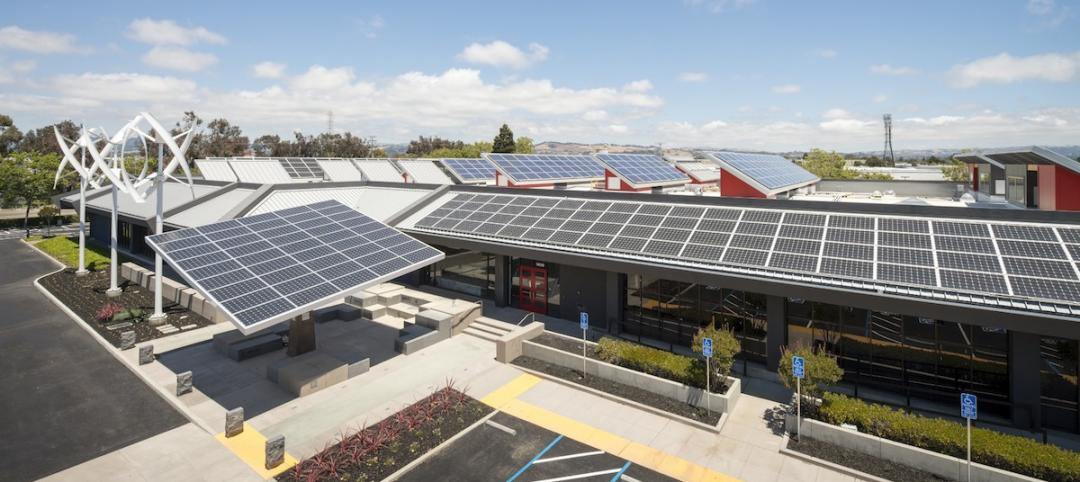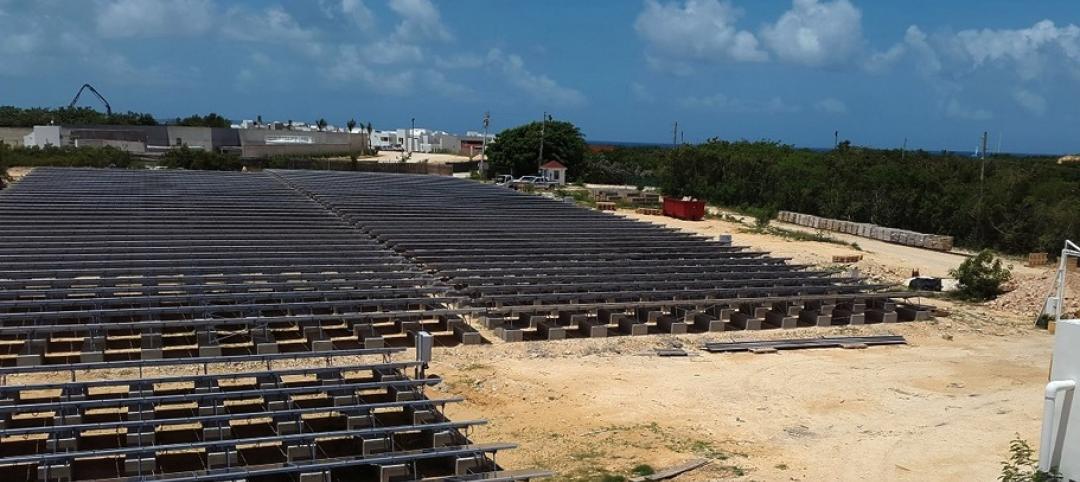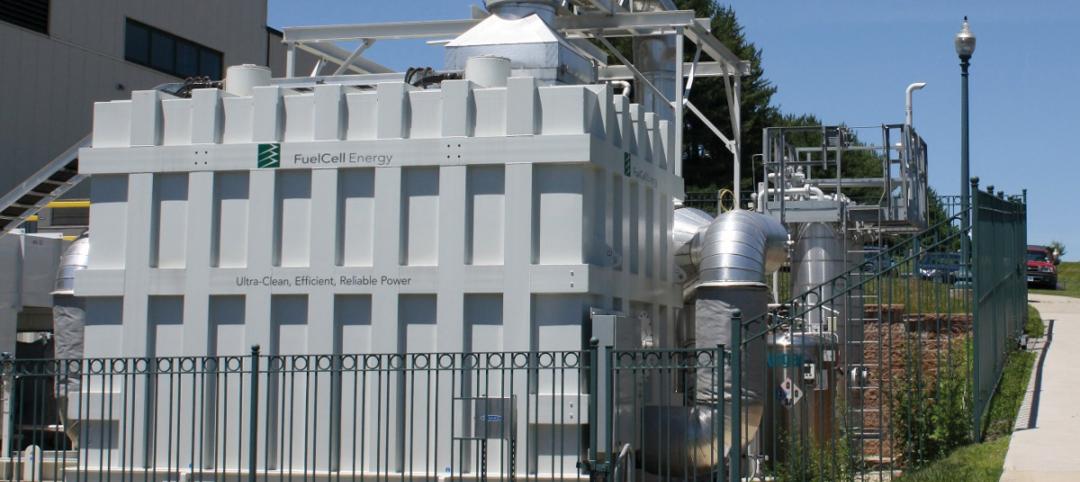The Building Button, a new tool launched by the Investor Confidence Project (ICP), standardizes the collection of data from energy efficiency projects, and “makes it easy to share that information with investors, building owners, developers, and utilities,” according to a news release.
Based on the U.S. Department of Energy’s Building Energy Data Exchange Specification, the tool integrates best practices and specifications developed by ICP and the U.S. Department of Energy’s Lawrence Berkeley National Laboratory (Berkeley Lab), including the Building Energy Data Exchange Specification (BEDES). Expressing energy efficiency data in a common language, the Building Button allows all parties to compare specifications across multiple projects with one click. This ability helps to reduce underwriting and actuarial analysis costs, builds trust in energy savings, and drives market demand for energy efficiency projects.
“One of the major barriers to wide-scale adoption of energy efficiency is the hassle factor,” said Matt Golden, ICP director. “Every investment is unique, with data lodged in incompatible spreadsheets, documents, and other digital files. The lack of uniform data standards means that transaction costs are prohibitively high. The Building Button helps solve that by establishing guidelines for all project data, streamlining the process of project development and investment.”
In 2017, ICP will join Green Building Certification Inc. (GBCI) to create the first global underwriting standard for energy efficiency projects.
Related Stories
Green | Jun 29, 2015
Rick Fedrizzi to step down as USGBC’s Chief Executive next year
Fedrizzi will be leaving an organization that has grown to 76 chapters. The Washington, D.C.-based USGBC employs 260 people, and last year reported $74.1 million in revenue.
Green | Jun 26, 2015
Training center for electricians in L.A. focuses on net zero technologies
Construction has begun Los Angeles County on what is being called the nation’s largest Net Zero Plus retrofit of a commercial building.
Green | Jun 24, 2015
6 steps toward better water management [AIA course]
When it comes to water conservation, Building Teams tend to concentrate on water-efficient plumbing fixtures, irrigation controls, graywater capture, and ways to recycle condensate from air-conditioning systems. Yet many of the best opportunities for saving water begin with big-picture thinking in a project’s earliest phases.
Green | Jun 19, 2015
3 steps toward sustainable landscape architecture
A water-conscious, sustainable landscape is easily achievable, and the options for native and drought tolerant plants far exceed cacti and succulents, writes LPA's Richard Bienvenu.
Green | Jun 18, 2015
‘Solar water’ poised as global solution
Strapped with both water and energy crises, several island nations are investing in solar-powered water plants to attain more resilient water and power sources.
Lighting | Jun 17, 2015
LED lighting: Replaceable or disposable?
While first generation LED lighting fixtures were basically your standard incandescent or fluorescent housing retrofitted with LED light boards, manufacturers have now begun designing fixtures around the LEDs, writes SmithGroupJJR's Michael Nowicki.
High-rise Construction | Jun 15, 2015
Cornell Tech breaks ground on world's first Passive House residential high-rise
To achieve Passive House standards, Cornell Tech Residential will incorporate a number of sustainability-focused design elements. The façade, constructed of a prefabricated metal panel system, acts as a thermally insulated blanket wrapping the building structure.
Green | Jun 10, 2015
GBCI launches rating system for sustainable landscapes
The new SITES rating system can be applied to development projects located on sites with or without buildings, ranging from national parks to corporate campuses, streetscapes and homes, and much more.
Green | Jun 9, 2015
Fuel cell technology makes its way into energy generation
Demand for fuel cells, while modest, is growing, and cost savings are getting noticed.





![6 steps toward better water management [AIA course] 6 steps toward better water management [AIA course]](/sites/default/files/styles/list_big/public/VanDusen513.026_grassfix_stairfix.jpg?itok=K8oOWak9)









